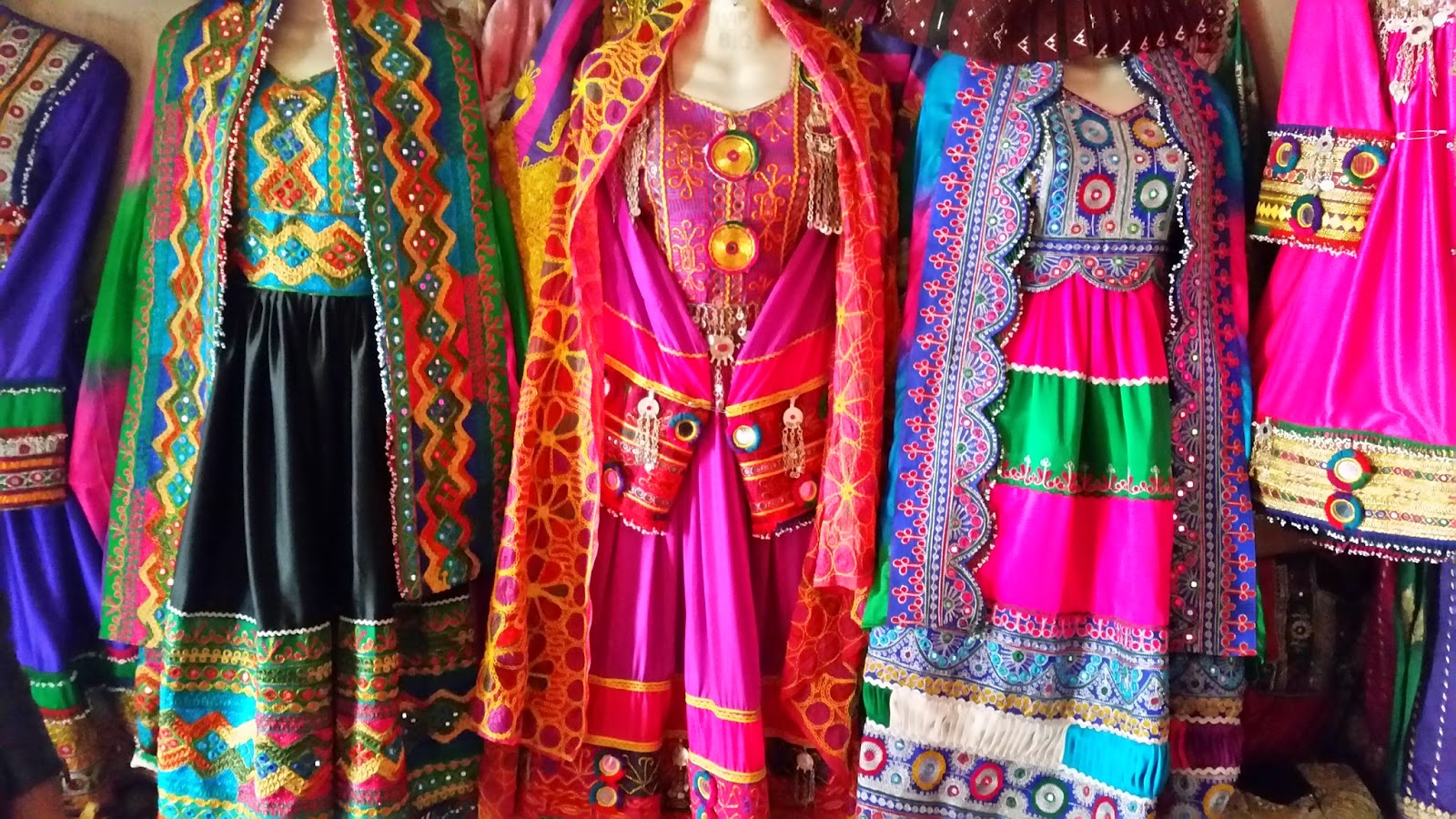This past January I finally had the opportunity to return to
Sudan! Happy happy joy joy!
And finally now posting about it...
Woeballay sajami! (Oh my God!) What a rollercoaster. I was
all geared up to go and then the program got completely canceled because the
Sudanese ministry wouldn’t give a permit. And then suddenly we did get a permit
through another ministry. But then I couldn’t get a visa! Everybody else had
gotten theirs, but me. Every day I was waiting with baited breath and packed
bags to find out if today would be the day that I’d get my visa and could get
on a plane headed to Khartoum. And the days went by! It started to seem that a
return to Sudan was not in my stars. But finally, finally I got it. Sudan, here I come!
Alhamdulillah, together again with my wonderful students!
After the challenging way things had ended last year and now the uncertainty of
my return, there was so much anticipation built up and then so much joy in
actually seeing each other again in flesh and blood. We didn’t think it
possible and here we were. Happy reunion.
Because of the delays we only ended up having 10 days
together. It may sound like plenty but it’s not nearly enough! There was so
much to try to accomplish with training and creating performances. A whirlwind
of intense activity, over much too soon. But I was just glad for any time at
all with my dear students.
I hit the ground running and went straight from a 13 hour
flight to teach with no time to lose!
This time I worked with two groups of young adult students at Sudan
University, Department of Drama. In addition to my old students, I had a whole
new group to contend with as well. The first day was a marathon of auditions to
select participants from a seemingly endless parade of students who were all gung-ho
to join. I would of course love to work with them all, but I had to settle on a
manageable group of about 20.
 |
| Fierce women! |
 |
| The security guard got a kick out of our antics! |
With the new students we developed several short pieces on
social issues relevant to Sudanese youth.
Three male students did a piece on drug addiction among
college students, performed entirely through movement with no speaking. All of
them died at the end! It was intense. I didn’t realize drug abuse would be a
huge issue among Sudanese youth, but I guess it’s the same everywhere. And
certainly in Sudan there is a lot of frustration and despondence over lack of
opportunities for youth, which I imagine might drive many to escape into drugs.
Another group did a piece about female circumcision and its
harmful consequences, focusing on the reality of childbirth complications. The
mother ends up dying and the young father ends up alone with his newborn girl,
and swears the same thing will never happen to her. In Sudan most girls are
circumcised but there seems to be a debate and a push to end this practice.
 A third group created a piece about women’s education and
how often rural, traditional families are against letting their daughters
attend university. Many of the girls in the class had struggled with their
families about letting them study and especially to let them study drama. They
expressed this right away in our first introduction. Of course, even in the
Western world parents don’t want their kids to study drama… These young women
were passionate and proud of their choice to devote themselves to theater.
A third group created a piece about women’s education and
how often rural, traditional families are against letting their daughters
attend university. Many of the girls in the class had struggled with their
families about letting them study and especially to let them study drama. They
expressed this right away in our first introduction. Of course, even in the
Western world parents don’t want their kids to study drama… These young women
were passionate and proud of their choice to devote themselves to theater.
Then another group explored the issue of youth losing touch
with their Sudanese cultural roots and identity, instead obsessed with watching
Indian and American movies. This became a very funny scene with a trio acting
out Bollywood and action film sequences. One female student had an actual black
belt in karate (!) and it was fabulous to see her karate kicks, “knocking out”
the two guys. Girl power! The audience loved it.
 Finally, we had a clown trio who played with the theme of
young men who are not able to marry because of the high cost of a wedding. In
Sudan it has become a norm and a requirement to spend tens of thousands of
dollars on a lavish wedding. As much as $50K. Insane! But no self-respecting
young lady will agree to a cheap wedding. What would people say?! So many young
men simply can’t get married, and neither can the young women then, leading to
frustration expressing it in various destructive actions, one of the students
explained, such as petty crime, drug abuse, as well as premarital sex. There
were three guys in the class who were each really funny personas, just
naturally, and I thought they would make an excellent clown trio. I was right!
They took the idea and ran with it – three clowns lamenting that they can’t get
married and desperate to find someone, and finally they pick a woman in the
audience, singing and dancing off with glee to go get her – it was
hilarious.
Finally, we had a clown trio who played with the theme of
young men who are not able to marry because of the high cost of a wedding. In
Sudan it has become a norm and a requirement to spend tens of thousands of
dollars on a lavish wedding. As much as $50K. Insane! But no self-respecting
young lady will agree to a cheap wedding. What would people say?! So many young
men simply can’t get married, and neither can the young women then, leading to
frustration expressing it in various destructive actions, one of the students
explained, such as petty crime, drug abuse, as well as premarital sex. There
were three guys in the class who were each really funny personas, just
naturally, and I thought they would make an excellent clown trio. I was right!
They took the idea and ran with it – three clowns lamenting that they can’t get
married and desperate to find someone, and finally they pick a woman in the
audience, singing and dancing off with glee to go get her – it was
hilarious.
The students were all wonderful, but overall needed a lot of
training. We worked really hard, and in the end they all rose to the occasion
and did a fantastic show. It was an informal showing this year for other
university students. No gigantic event like last time with press, officials and
huge audience, we kept it on the lowdown this year. But still a great
culmination to an intensive 10 days.
Dearest to my heart, of course, was getting to work again
with my students from last year. We have a special bond. There was a magic that
happened last year in this group in our work together, Lydia and I and the students.
I have special love for these students. Even if they drive me nuts sometimes
(Sudanese time!*). And they are truly in a whole other league from the other
students. These students are very much in their bodies and really into movement
work.
[*Sudanese time... Starting a half hour or so late.... or more!]
They expressed a strong desire to learn more about movement
and how to express ideas without speaking. But it seemed to come from a
lingering fear that being too explicit in their work would get them into
trouble. They are still traumatized from last year’s experience! Repeatedly I
was asked to please make sure that their work is symbolic enough so they won’t
get stopped again. We spoke about what happened last year. The students told me
there had been negative repercussions. The press and all the mosques denounced
the show, and they got in trouble with their teachers (this is surprising, I
must say, their drama teachers?!). Because the students had said “bad things”
about Sudan. One student told me he lost a job opportunity once the prospective
employer found out about his involvement in the show. But others said they had
also had positive effects. It had boosted their position as respected theater
practitioners and helped get a position as a university teaching assistant.
Regardless of consequences, they were certainly determined to continue on!
They are such passionate young people -- and deeply philosophical, spiritual in their quest of expression... They wanted to explore a movement (dance theater) piece about struggle, survival and solidarity among disparate peoples seeking unity. It got deep. At first they spoke of focusing on a positive perspective this time, leaving the audience feeling good, finding unity. But little by little they started weaving in the theme of being oppressed as a people... Inevitably!
I was sad to have to leave them so soon and not be there
with them for their final performance at the embassy. Because, yes, a big
performance had been arranged and finally they would get to have their show
without interruption! But, alas, it was not to be! I thought we had a happy
ending…
On my last day
with them they took me out on an excursion by the Nile and treated me to
traditional Sudanese food. Such joy and spirit and love! A wonderful way to end this time around.
I had to leave but a week later they
were to perform their show, and I was tough on them to motivate them to get
together on their own and rehearse. And then because of some mishaps, on the
very day of performance they were told they could not perform! Foiled again!
This time it really was bureaucratic red tape (security issues at the embassy),
and not the Sudanese gov’t that stopped it, but nonetheless of course
the students feel shut down. I felt so bad.
I had promised them they would have their show and they would not get shut down.
But sometimes, shit happens, as they say. Do not let it keep you down. Onward
and upward!
Love my Sudanese students so much!


















































